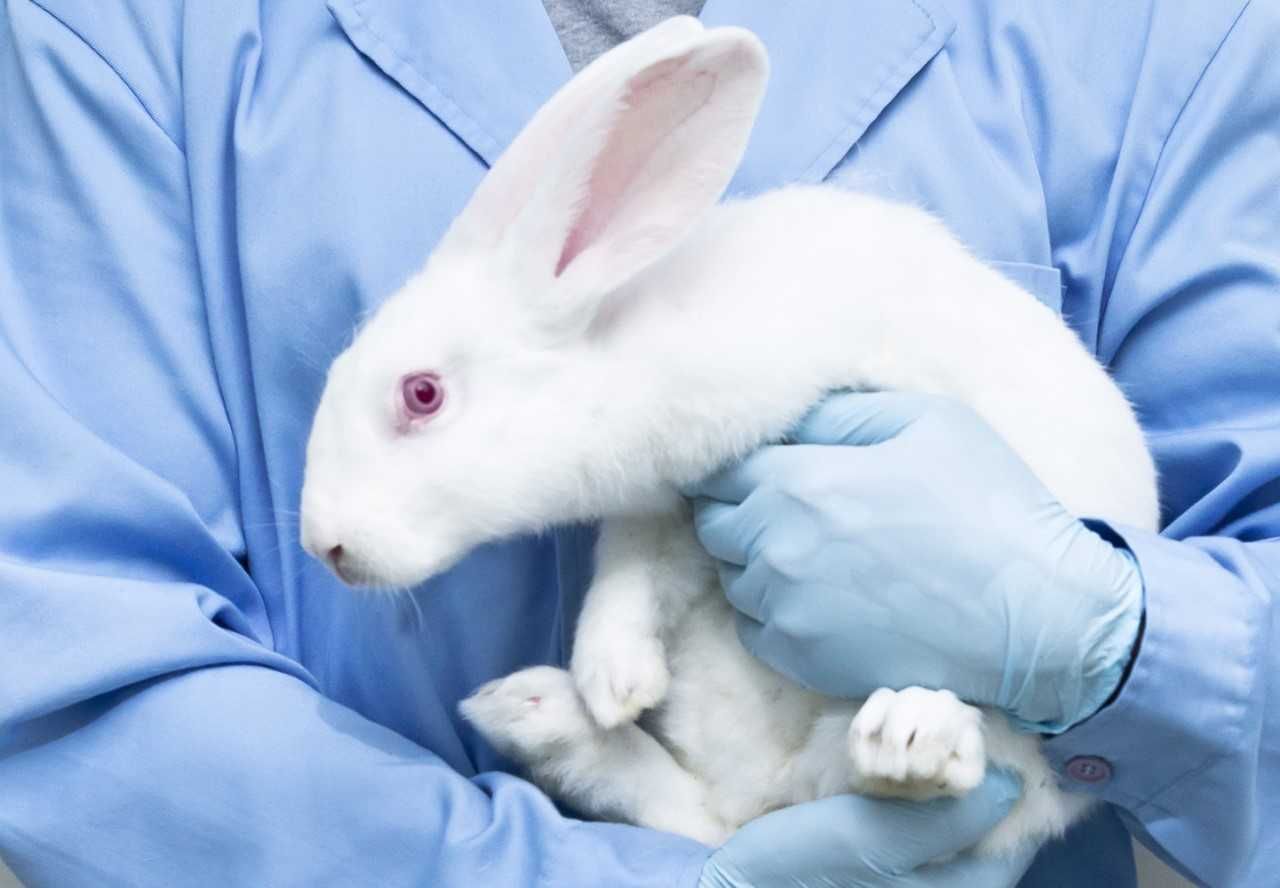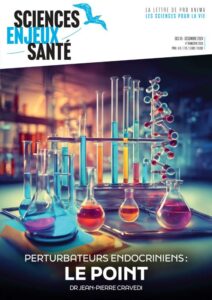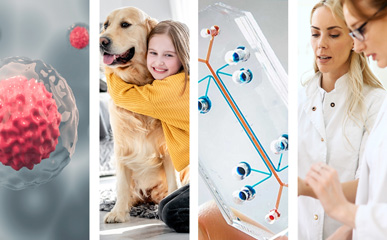
Households products and animal testing
4 April 2023
On March 27, the French NGO Animal Testing unveiled its new survey “Animals and cleaning products do not make proper use” in order to reveal to the public the use of animal testing concerning household products. The survey was followed by a campaign in the Parisian metro.
Indeed, cleaning products are not affected by the current ban on animal testing which prevails for ingredients and products for cosmetic use (EC Regulation No. 1223/2009, in effect since July 11, 20131).
In 2015, the Scientific Committee Pro Anima and the NGO Tierrechte – Tierversuchsgegner Baden Wuttemberg e.V questioned, by means of a joint letter, the European Commission on the problem of animal testing for chemical substances used in the composition of products household.
Although the European Commission’s response recalled that “it is not mandatory to test the ingredients of household products on animals. It is according to the quantities that the REACH regulation modulates its requirements in terms of information on chemical substances. But whether or not the substance is used in household products, it only allows animal testing for registration purposes as a last resort. Under article 13 of the REACH regulation, information must be produced as far as possible by means other than animal testing”, it was clear, for our two associations but also for a certain number of other organizations, that the agencies and the texts are not sufficiently demanding to concretely encourage the use by the various economic players of alternative methods to animal experimentation.
Greater efforts are absolutely necessary. Our associations have indeed worked tirelessly to put in place more significant efforts on the part of the authorities to reduce and replace animal experimentation in Europe ; to ask for more demanding texts which concretely promote the use of alternative methods to animal experimentation.
Household products whose toxicity is evaluated on animals are also dangerous for our health and our environment.
The European regulation REACH, that came into effect in 2007, just like the ECHA (European agency whose role is to regulate chemical substances and to assess the dangerousness of chemical active ingredients), has a role in whether or not animal testing must be used to assess chemicals circulating on the European market.
As part of its investigation, Animal Testing was able to contact the ECHA and discuss with two members of the agency that admitted that animal testing of finished products can also respond to issues that are more marketing-oriented than health / safety-related :
“The marketing of a new scent, modifying the formula, can also generate experiments of finished products on animals”.
Another problem recalled by the association is that the “different organizations do not speak to each other”, and “currently it is ECHA which takes the lead and sponsors new tests” on animals, while the agency recognizes and encourages at the same time the existence of alternatives.
Why such a paradox ? Why is the development of alternative methods so difficult ?
ECVAM promotes and facilitates the use of non-animal methods in regulatory testing and research. Many alternatives validated by the EU exist and must be used (European directive 2010/63/EU, applicable in France since 2013). It is therefore incomprehensible that the budget of the European organization for the validation of alternative methods has been reduced for several years.
In France, we must continue to move forward.
This is why the Pro Anima Committee, with a large number of partner associations, is asking to evaluate for the first time in France the use of alternative methods in research, regulation and education ; this in order to take a concrete and essential step in favour of the transition towards more reliable science and innovation, without recourse to animals.


